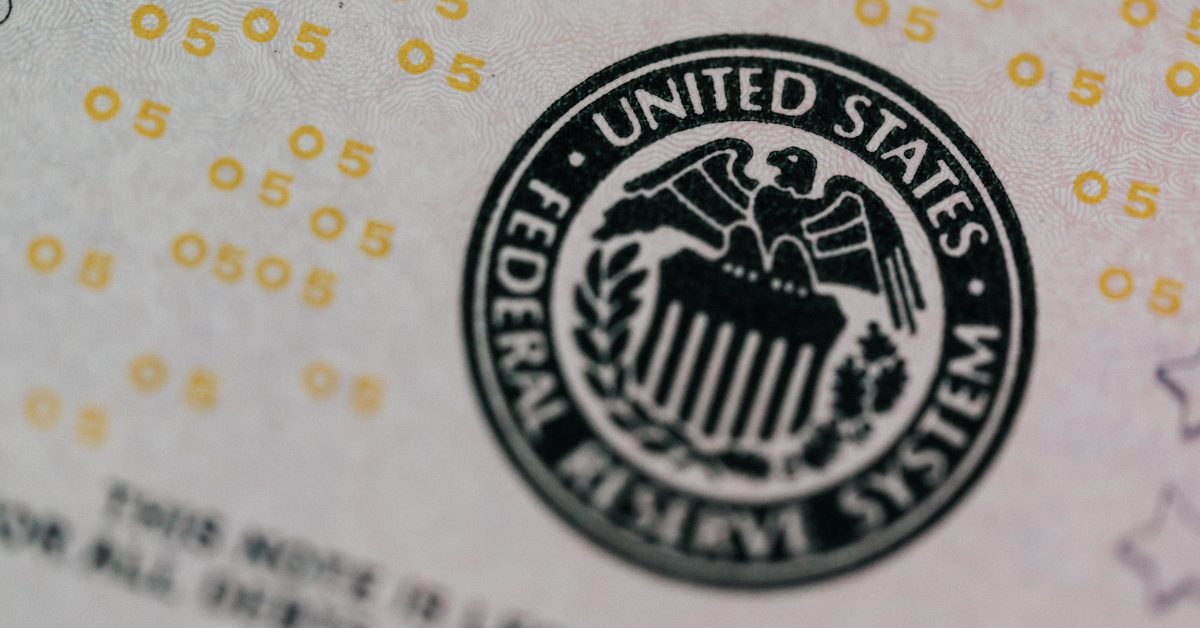In the midst of a persistent national overdose crisis, recent federal budget cuts are casting a long shadow over the United States’ addiction response infrastructure. The proposed reductions most notably a $1 billion slash to the Substance Abuse and Mental Health Services Administration (SAMHSA). This has triggered widespread concern among public health experts, treatment providers, and community advocates. These cuts, compounded by a sweeping reorganization of health agencies and diminished funding for life-saving programs like naloxone distribution threaten to dismantle vital support systems at a time when more than 80,000 Americans die annually from drug overdoses. As local and state programs brace for service disruptions, the consequences of these fiscal decisions could reverse progress in the fight against addiction.
What Federal Cuts Have Happened in 2025?
In early 2025, the federal government initiated sweeping budget and staffing cuts that significantly threaten addiction support programs.
Drastic Cuts at SAMHSA
- Workforce halved: SAMHSA has seen up to 50% staff reductions. HHS cutting around 10,000 jobs across agencies including SAMHSA to save roughly $1.8 billion per year.
- Budget slashed by $1 billion: The FY 2026 proposal trims about $1 billion from SAMHSA’s funding—dropping from ~$7.5–8 billion to around $6.5–7 billion.
- Reorganization risk: SAMHSA is being absorbed into the new Administration for a Healthy America (AHA), a structural overhaul that experts warn will disrupt service continuity, data reliability, and federal grants administration.
- Block grant clawbacks: In March 2025, HHS revoked $1 billion in SAMHSA grants intended for mental health and substance use block funding. States—including Florida—were informed these funds would be pulled immediately, creating an abrupt shortfall
Threat to Narcan (Naloxone) Funding
- The federal grant providing ~$56 million annually for Narcan training and distribution—especially vital in rural areas—is at risk. Cutting it could reverse recent gains in overdose mortality reductions
- These grants have enabled training of 66,000 first responders in 2024 alone, with measurable declines in drug fatalities tied to Narcan access.
Medicaid & DOJ Grant Reductions
- Senate proposals would significantly reduce Medicaid funding—directly affecting Long Island and elsewhere—with an estimated $880 billion trimmed and more than $1 billion in federal cuts impacting addiction and substance use programming.
- The Department of Justice has already canceled hundreds of opioid-related grants mid-cycle, redirecting funds away from local community efforts.
Broader HHS Discretionary Cuts
The White House FY 2026 budget proposes a $32 billion cut to HHS, including:
- $18 billion from NIH
- $1 billion from SAMHSA
- Additional cuts across CDC, FDA, HRSA, and AHRQ
These federal cuts risk dismantling public health infrastructure critical to addiction response.
Regional Consequences
- Appalachia at risk: A 30% drop in overdoses in Kentucky and similar trends in West Virginia may reversing if the $33 billion HHS cuts go through. These programs—naloxone distribution, first responder training, grants—are foundational to progress.
- State-level losses: New York has already lost over $300 million, impacting mental health and addiction services funding.
State-by-State Breakdown
| Area Affected | Specific Impact |
|---|---|
| Connecticut | Nonprofits report 60% operating at a deficit, with nearly half cutting programs—including youth suicide prevention and jail-diversion programs—as federal funds evaporate |
| Colorado | Loss of $31 million in behavioral and mental health program funding, affecting 60 crisis and peer support teams |
| Illinois | Approximately $28 million in funding losses impacting 77 community organizations |
| New York | Office of Addiction Services expects a $40 million cut, with an added $28 million lost in crisis stabilization programs |
| Washington State | Nearly $34 million in cuts to mental health and opioid use disorder treatment |
| Minnesota | Around $27.5 million slashed from mental health funding |
| Michigan | Faces loss of $90 million in federal addiction treatment aid—nearly a third of its program budget. Over 90% of Narcan kits are federally funded; a cut could dramatically reduce overdose reversals |
| Missouri | Risk of losing its share of the $56 million national Narcan grant, essential for statewide overdose reversal efforts |
| Appalachian States (KY, WV, TN) | Significant reversal risk: Kentucky saw a 30% decrease in overdose deaths; West Virginia and Tennessee similarly benefited from naloxone and treatment funds. Budget cuts threaten to undo that progress |
Legal & Advocacy Pushback
In response to the sweeping federal cuts to mental health and addiction services in 2025, legal and advocacy efforts have intensified across the country. A coalition of 23 states has filed lawsuits to block the Trump administration’s decision to rescind over $11 billion in public health funding, including critical grants for mental health, substance use, and overdose prevention programs.
Advocacy groups such as the National Alliance on Mental Illness (NAMI) and the American Psychiatric Association have publicly condemned the cuts, warning that they will destabilize frontline services and reverse progress in overdose reduction. Local leaders and nonprofit organizations are also mobilizing, urging Congress to restore block grant funding and protect key programs like the 988 crisis line and naloxone distribution. This coordinated pushback underscores the urgent need to safeguard behavioral health infrastructure amid rising overdose deaths and mounting mental health challenges nationwide.
Why This Matters
Without this infrastructure, many individuals will lose access to lifesaving care, and providers may be forced to scale back or shut down entirely. The consequences could be devastating, undoing years of progress in addiction recovery, harm reduction, and mental health support across the country. Federal cuts to addiction support go beyond the public health concerns and could influence the car available to private insurance holders as well.
How to Get Help If You or a Loved One Is Struggling with Addiction
If you or someone you care about is battling addiction, help is available and recovery is possible. At Milton Recovery Centers, our dedicated admissions coordinators are here to guide you every step of the way. We’ll help you understand the level of care that best fits your needs—whether it’s detox, residential treatment, or ongoing support. We’ll evaluate your insurance benefits for rehab to determine what type of program you qualify for. Taking the first step toward recovery can feel overwhelming, but you don’t have to do it alone. Reach out today and let us help you or your loved one begin the path to healing.




